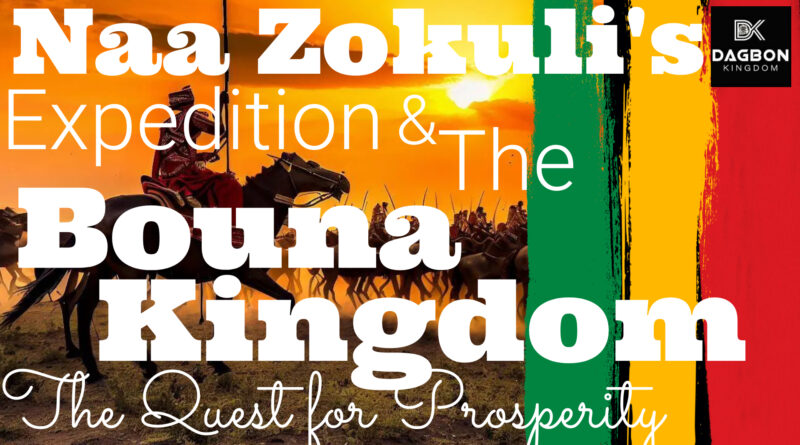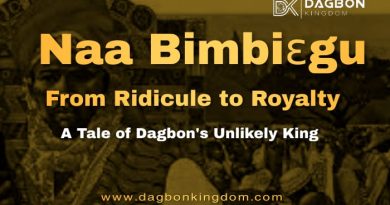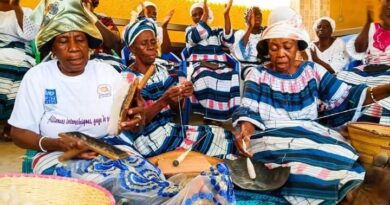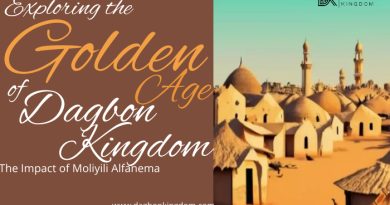The Expedition of Naa Zokuli and the establishment of the Bouna Kingdom
Discover the captivating tale of Naa Zokuli, the 16th ruler of the Dagomba ethnic group in Ghana, and the establishment of the Bouna Kingdom in the northeastern region of Ivory Coast. This article takes you on a journey through time, unveiling the remarkable exploits of Naa Zokuli as he embarked on an expedition to amass wealth and prosperity for his kingdom.
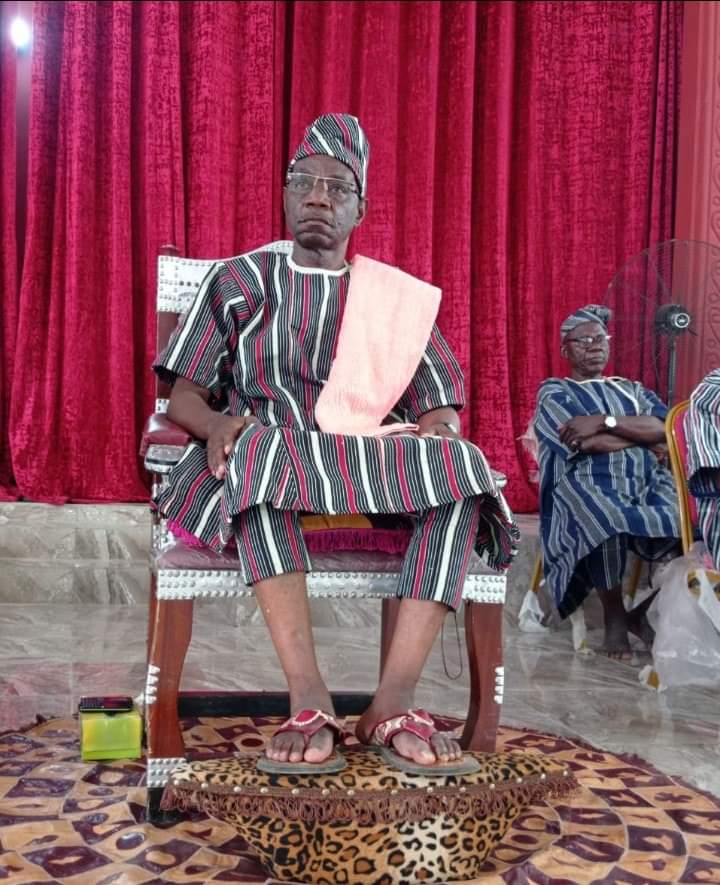
Along the way, you’ll encounter tales of adventure, tragedy, and the enduring legacy of Naa Zokuli, whose descendants thrived in the land now known as Bouna. Explore the rich cultural heritage and historical significance of Bouna, a town that proudly preserves the memory of its legendary ancestor and continues to thrive as an administrative center and capital of the Bounkani Region.
Moliyili: Exploring the Golden Era Of Dagbon Kingdom: The Impact of Moliyili Scholars and Its Fall
Bouna, alternatively spelled as Buna, is a town located in the northeastern region of Ivory Coast. It serves as a sub-prefecture and acts as the administrative center for the Bouna Department. Furthermore, it holds the distinction of being the capital of the Bounkani Region within the Zanzan District, while also functioning as a commune.
In the vicinity of Bouna, one can find the esteemed Comoé National Park and the border with Ghana. As the primary town of the Lobi people, Bouna is renowned for the distinctive vernacular architecture seen in the fortress-style adobe compounds found in the surrounding villages. Historically, Bouna was a Koulango village.
Formerly, Bouna served as the hub of a “highly centralized kingdom based on military districts administered by princes” who exploited the local gold deposits. This kingdom was established in the late 17th century by Bounkani, who was the son of Yaa Naa Zokuli from the Dagomba people.
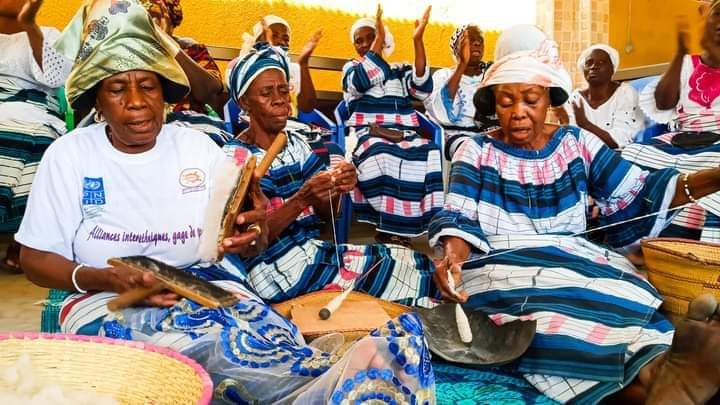
Marriage: Dagomba Marriage: Marriage Among the Dagomba People
Naa Zokuli ‘s Reign and Ascension to the Gbewaa Throne
Naa Zokuli was the 16th ruler of the Dagomba ethnic group in the northern part of Ghana. He was born to Naa Luro and reigned from 1601 to 1627.
His mothers were twins, both of whom were given in marriage to Naa Luro at the same time. Pagnaa was unable to conceive, but Pagawuni gave birth to twins, Naa Zokuli and his brother, Galwee-Naa Kundoni.
That is why, when the bards of Dagbon sing praises of Naa Zokuli, they hail him as “Pagawuni mini Paga Naa bia Zokuli.”
Upon the passing of Naa Zagli, the traditional elders (Yogu Kpamba) consulted the Oracle and summoned Naa Zokuli to assume the mantle of leadership and bring an end to the grieving kingdom.
Without delay, Naa Zokuli became the ruler of the untamed lions of Dagbon.
“Gbewaa Zuu”
“ŋun su zaa lana”
“Siɣiri ni tɔbu. ..duri ni nam”
Dagbani Proverbs: Dagbani Proverbs: A Comprehensive Collection of 400+ Dagomba Proverbs and Meanings
The Quest for Prosperity: Naa Zokuli’s Expedition and Legacy
However, shortly after Naa Zokuli ascended to the Gbewaa throne, he once again convened the Yogu-kpamba and expressed his desire for his children to be recognized as prosperous individuals.
He wished for his wives to be addressed as women of wealth and opulence. Thus, he embarked on a journey to explore the world, amass riches, and make Dagbon a thriving kingdom, brimming with prosperity.
With this intention, Naa Zokuli assembled his warriors and set forth on his expedition towards the western lands.
During his journey, he established settlements in various places, conquering minor tribes and leaving his descendants to prosper among them. Hence, the Hanga people in the current Savanna region of Ghana are the offspring of Naa Zokuli. The core of the Wale people’s royal lineage in Wa also traces back to Naa Zokuli.
When Naa Zokuli reached a town called Gbano (Bouna), he married a woman from the local tribe. The woman soon discovered where the lion slept and what it consumed, and the gods blessed her with a pregnancy.
However, Naa Zokuli had no intention of staying in one place. Thus, one day, while his wife was heavily pregnant, he gathered his retinue and resumed his quest for gold and silver. Before his departure, he ensured that everything necessary for the naming ceremony of the expected prince.
Halfway through their journey, a group of horsemen caught up with Naa Zokuli. They informed him that his wife had given birth to the child, and they sought a name for the newborn. In response, Naa Zokuli asked them, “bo n-kani?” which means, “what is missing?” He was referring to the items required for the naming ceremony, as he believed he had already provided everything needed.
The horsemen, misunderstanding his question, assumed that Naa Zokuli had given them a name. They returned home with the name “Bonkani,” which became the name given to the child.
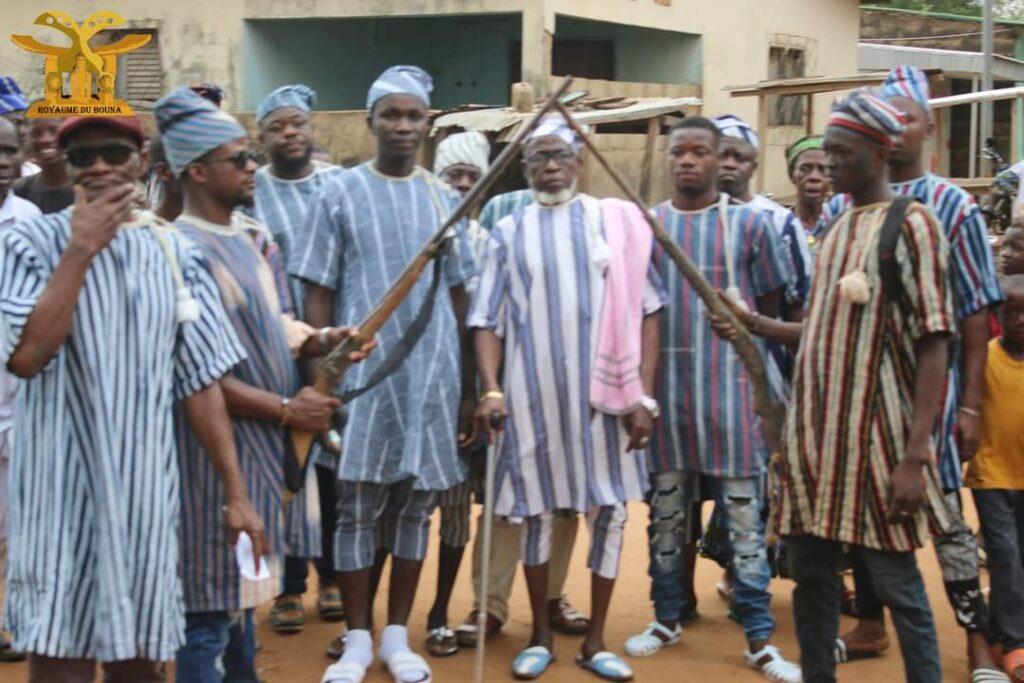
Damba Festival: Damba Festival: Unveiling the Rich History and Exploring the 7 Key Activities
The Fateful Journey to Bouna Lake: Naa Zokuli’s Determination
Naa Zokuli’s journey eventually led him to the Bouna Lake. It was the rainy season, and the lake was brimming with water. Violent winds swept the area, dissuading fishermen from venturing into the turbulent waters. They warned Naa Zokuli and his entourage to avoid crossing the lake until the wind had subsided. However, driven by his determination to acquire gold and silver, Naa Zokuli paid no heed to their advice.
As they were halfway through their journey, the small boats they were traveling in became unstable and eventually capsized, plunging all the men into the depths of the lake. Naa Zokuli attempted to utter words, but his mouth filled with water.
Back in Dagbon, Naa Zokuli’s daughter, Kpatu-Naa Laamihi, urged the Yɔɣukpamba (traditional elders) to search for her missing father. He had been absent from home for an extended period, and Kpatu-Naa Laamihi insisted that the elders find him at any cost.
After days of traversing the drylands of the Savanna, they finally arrived at the Bouna Lake, where they learned that Naa Zokuli and his entourage had allegedly drowned. However, when they visited the Bouna River and sang praises to Naa Zokuli, he appeared to them in a different form.
Legend has it that Naa Zokuli manifested as a crocodile, adorned with elements of gold, silver, and canine attributes. This crocodile made its way to the lake’s shore, lay there, and stared at the men without uttering a word.
Evidently, Naa Zokuli had found his wealth but chose to remain in the realm of his ancestors.
As the crocodile returned to the lake, the elders collected three stones from where it had rested on the bank. They placed the stones in a calabash and returned to Dagbon to announce the king’s funeral. This act by the elders gave birth to the tradition known as “Kuli vabu” among the Dagbamba people.
Fire Festival: Bugum Festival: History of the Fire Festival & How It is Celebrated
Thus, Naa Zokuli never returned to Dagbon. Some believe that he still dwells in the Bouna Lake as a deity, partially made of gold, silver, and crocodile attributes.
However, in Dagbon, the lineage of Naa Zokuli will endure through the ages. His funeral rites were postponed for three years until his twin, Galwei Naa Kundoni, passed away. When the time came, the funeral of Naa Zokuli was solemnized, and all his sons were present: Mionglana Sayora, Kpatinglan ŋmampili, Kpatinglan Yuunbiegu, Nyimbunglan Sanzali, Saakulilan Azima, and Sapiɛnaa Yupiriga.
All of his sons were in attendance, except one, Bouna Naa Bonkani. This was because, across the borders of Ghana and in eastern Ivory Coast, the descendants of Bouna Naa Bonkani, the son of Naa Zokuli, thrived.
The lineage of Bouna Naa Bonkani flourished in the lands near Gbano (Bouna). They established themselves as a prominent and prosperous community, forging their own path and building their own kingdom. Over time, the area became known as Bouna, named after Naa Bonkani, who had left his mark on the land.
The descendants of Bouna Naa Bonkani embraced their heritage and the legacy of Naa Zokuli. They cherished the story of their ancestor’s journey, the encounter with the Bouna Lake, and the transformation of Naa Zokuli into a crocodile deity. The legend of Naa Zokuli, the founding father of their lineage, became a significant part of their cultural identity.
In the town of Bouna, the fortress-style adobe compounds reflected the architectural heritage of the Lobi people and the historical influence of Naa Zokuli’s reign. The people of Bouna held on to their traditions, preserving the memory of their legendary ancestor.
Through the years, Bouna grew in importance, serving as a sub-prefecture, the administrative seat for the Bouna Department, and the capital of the Bounkani Region within the Zanzan District of Ivory Coast. The region’s natural beauty, with the Comoé National Park and its proximity to the Ghanaian border, further enriched the cultural and historical significance of Bouna.
The tale of Naa Zokuli and the founding of the Bouna Kingdom continued to be passed down from generation to generation. It served as a reminder of the adventurous spirit, determination, and resilience that characterized their ancestors. The descendants of Naa Zokuli and Bouna Naa Bonkani held a deep sense of pride in their lineage, connecting them to their roots and fostering a strong sense of community.
To this day, the legacy of Naa Zokuli and the establishment of the Bouna Kingdom remain an integral part of the history and cultural fabric of the northeastern region of Ivory Coast. The tale of Naa Zokuli’s journey, his encounter with the Bouna Lake, and the subsequent triumphs of his lineage stand as a testament to the enduring spirit and lasting impact of a legendary king and his descendants.
References :
Naa Luro mini o bihi ( Tia Sulemana)
Gukpugu Lunzoonaa Yakubu

